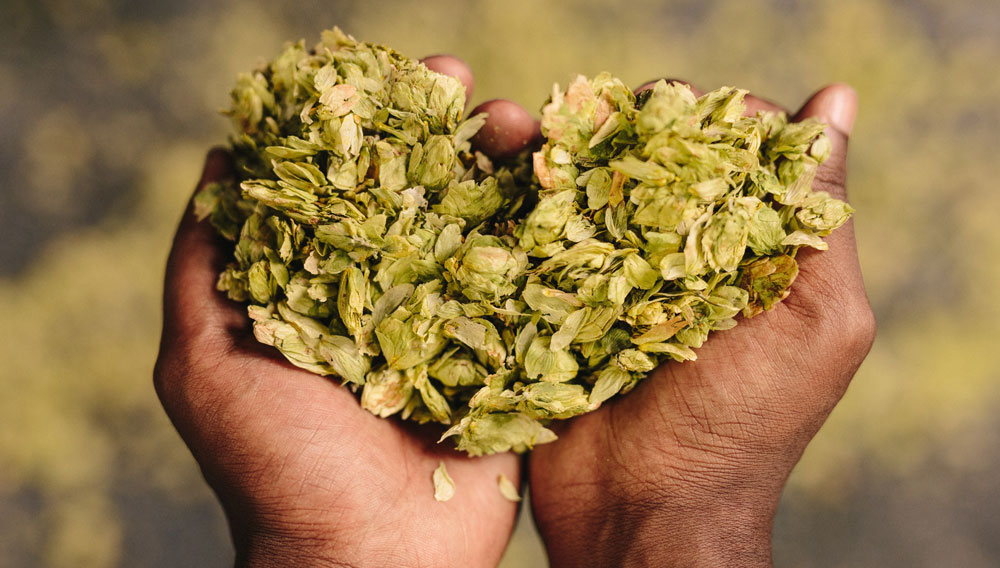Partnership with Mitacs to advance yeast development platform
The global yeast technology company Renaissance BioScience Corp. (RBSC) announced a new partnership with Mitacs for a multi-year, USD 1.44-million research and development project. Mitacs, a national not-for-profit research and training organization, will provide matching funding to the RBSC project to support the development of next-generation, systematic tools and methods for expanding, screening and selecting biodiversity in non-GMO industrial yeast strains.
In addition to the work done directly by RBSC, the project will be facilitated by collaboration with three world-leading University of British Columbia (UBC) researchers in the fields of yeast genetics and biochemistry: Dr. Corey Nislow of the Faculty of Pharmaceutical Sciences; Dr. Thibault Mayor of the Department of Biochemistry and Molecular Biology; and Dr. Chris Loewen of the Department of Cellular and Physiological Sciences. Over the four-year duration of the project, it is expected that up to 20 post-doctoral and graduate research scientist positions will be created in RBSC and at UBC to conduct this leading-edge research. Recruitment for these research positions is ongoing.
RSBC is committed to continually advancing its technical and commercial capabilities through investment in platform research and development. In this project, they will invest in the R&D of next-generation yeast-strain development tools that will facilitate the high-throughput robust optimization and specialization of yeast for the food, beverage, and feed industries. This project will enable them to accelerate the development of novel yeast strains that address industrial process and product challenges, offer efficiency gains and process optimization opportunities, and introduce the potential for new product flavours, aromas and functions, all while also meeting end-user demand for non-GMO ingredients.
Given the growth in the use of yeast and cutting-edge genetic tools to build the synthetic biology industry, it is perfect timing to be building next-generation tools to facilitate the development of non-GMO yeast. The industry is beginning to recognize that there are important benefits to combining GMO and non-GMO yeast in certain specific industrial situations to optimize end-use products.


